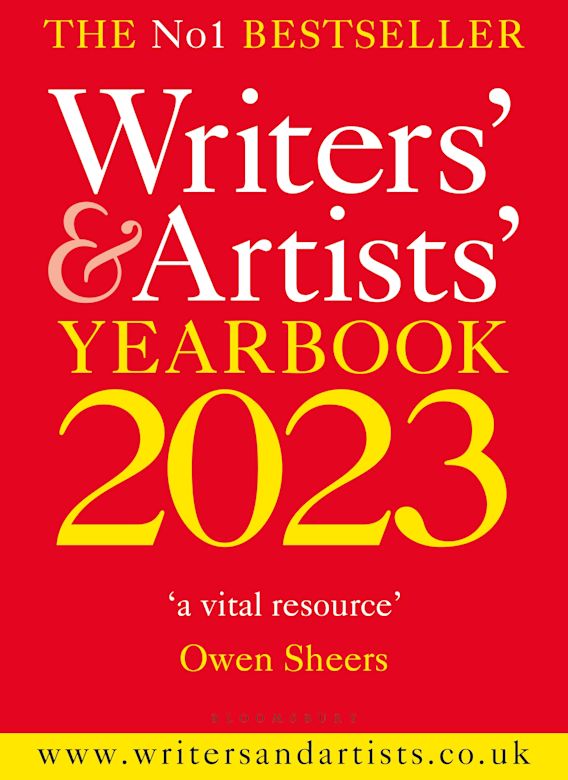
Sweet, sweet paper. Comics and graphic novels published by traditional publishers are very much in the minority; overwhelmingly the comics produced in the UK are self-published or small press comics. Publishers usually take care of the printing, packaging, shipping and promotion, but will take a bigger cut; going solo means you’ll take on all the responsibility yourself but get all of the profit.
In self-publishing, the production values are entirely up to you . You can spend hundreds on a glossy full-colour print run, with spot varnish and French flaps, or you can print your own copies and staple them together. Whatever you choose, try not to go overboard with that first print run, no matter how appealing the economies of scale are; it’s better to pay a little extra on a second print run after the first has sold out than to be sitting on boxes of unsold stock.
How many you print depends on where you’re selling them. The best way to reach new audiences directly is to apply to be an exhibitor at a festival – essentially standing behind a table selling to passers-by. Thought Bubble and the Lakes International Comic Art Festival (LICAF) are two of the biggest festivals focusing solely on comics, and they attract hundreds of exhibitors and thousands of guests each year. But there are plenty of other festivals, zine fairs and conventions all over the UK – and around the world if you’re feeling adventurous . There are some excellent guides online on ‘tabling’; I’d recommend setting yourself up to take card payments, as real money has fallen extremely out of favour since the pandemic. And have fun – remember to leave your table occasionally so you can wander round, chat to others and look at their work. This is your best chance to explore what’s out there, free from promoted content and algorithms.
You can keep the sales momentum going outside of festivals by selling your comic (physical or digital versions) through your own secured website, or through a retailing platform that gives you your own storefront, such as BigCartel or Shopify, or through online marketplaces like Comixology or Etsy. If you want your comics to be sold by professionals, you can (and should!) also take your comics to bricks-and-mortar comic shops, many of which will have a healthy small press section, and ask nicely if they’ll stock them. Finally, if your comic has connections to any special interest or any particular group, don’t be afraid to approach organisations who share that interest. The Wellcome Collection, for example, in London, have an excellent health/medicine/science comics section in their bookshop.
Pricing your work is tough, as the urge to be competitive – and sometimes the feeling that your work is unworthy – can easily override making an actual profit. You’ll need to calculate what you’ve already spent (on printing, paper, etc) and how much you will spend (on postage, packing, discount offered to a retailer, online payment fees, festival fees and expenses). The price you sell your work at will need to incorporate all of these plus make all the time you put into it worthwhile. Don’t try to compete with bigger retailers or publishers; remind yourself that creative works everywhere have been devalued by outdated capitalist economic models which do not accurately reflect value. Whatever you choose, you’ll still spend forever convincing yourself it was the wrong decision, so you might as well price your work up: you’re worth it!
Self-publishing and webcomics both involve large amounts of self-promotion in order to get your work seen and drum up sales . For the love of God, don’t sit back and wait to be ‘discovered’ or you’ll be waiting a long time! The problem with comics in the UK is that the readership is still small; convincing the wider public that comics are for everyone, by anyone, on any subject imaginable, is a perpetual struggle. Your biggest audience as a comics creator is likely to be other creators …there’s a joke about the same fiver being passed around a convention as everyone buys each other’s work (and it’s funny because it’s true). Promoting your work to your own friends and peers doesn’t have to feel grubby, and it’s actually easier if you’ve taken the time to help others spread the word on their work too. Comics websites like Broken Frontier provide news and reviews on indie comics, and you can always politely submit your work for review to reach a wider audience and get some nice quotes.
 Remember that it’s a very, very small world, and that word can spread fast. Be kind, be respectful, help others wherever you can, and treat every job and every person professionally, even – especially – if you don’t feel like a professional yet.
Remember that it’s a very, very small world, and that word can spread fast. Be kind, be respectful, help others wherever you can, and treat every job and every person professionally, even – especially – if you don’t feel like a professional yet.
This is an abridged version of an article taken from the Writers' & Artists' Yearbook 2023, available to order now from Bloomsbury.com
Hannah Berry is an award-winning graphic novelist, comics creator, writer, illustrator and campaigner. She is a Fellow of the Royal Society of Literature and was appointed UK Comics Laureate 2019–21. She began her first graphic novel Britten & Brülightly (Jonathan Cape 2008) while studying illustration at the University of Brighton, with the French edition chosen for the official selection of the Festival International de la Bande Dessinée d’Angoulême. Her subsequent publications include two further graphic novels also for Jonathan Cape, Adamtine (2012) and Livestock (2017), which won the Best Writer Award at the Broken Frontier Awards 2017. Hannah is on the steering committee of the Society of Authors’ Comic Creators Network and is a Trustee of the Cartoon Museum. For more information see Hannah's website, and follow her on Twitter and Instagram.
Picture credit Claire McNamee
Comments